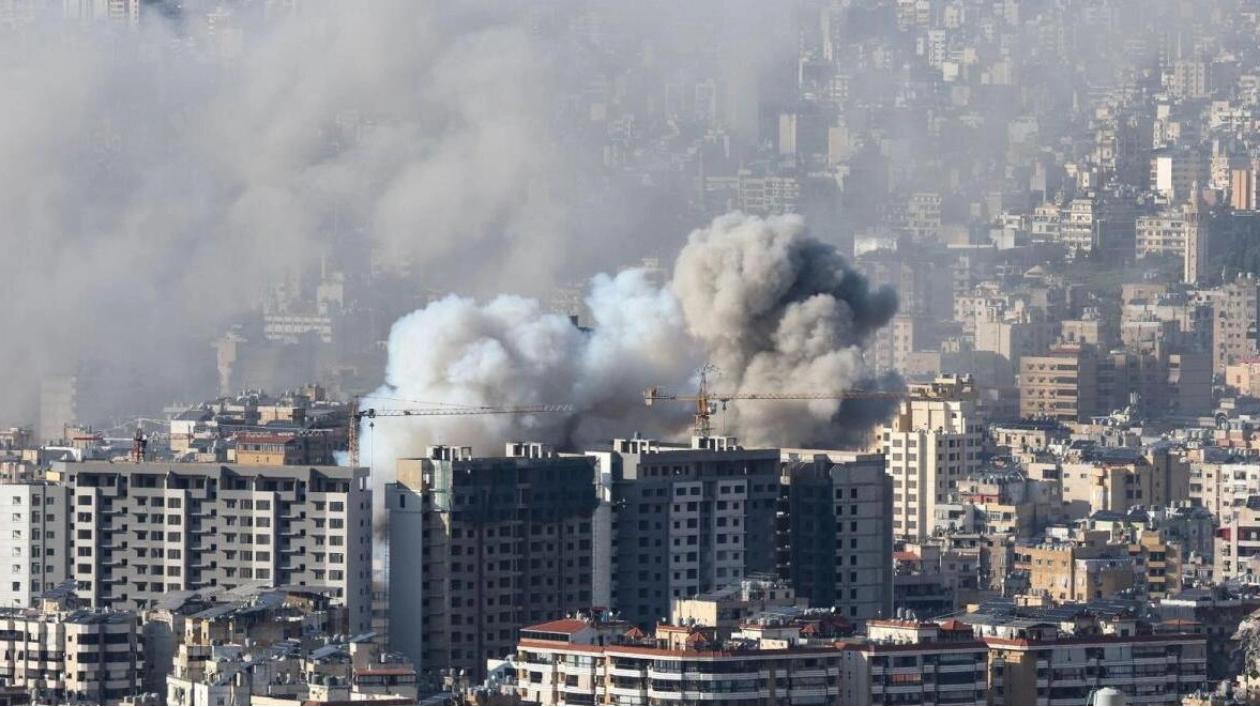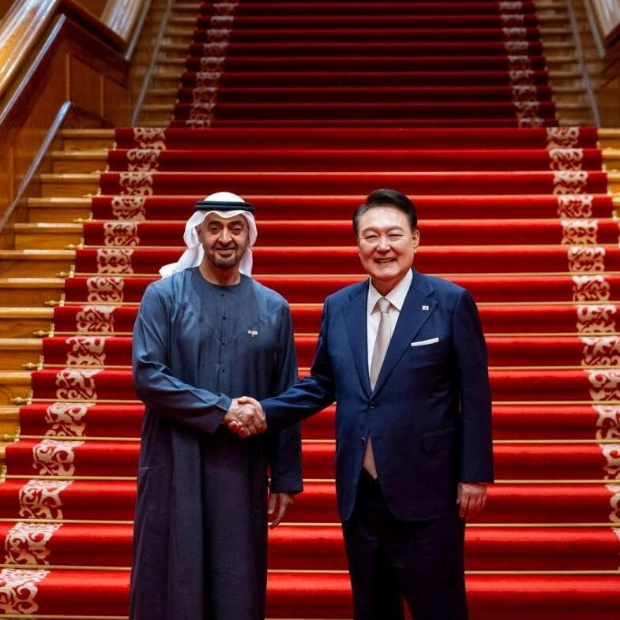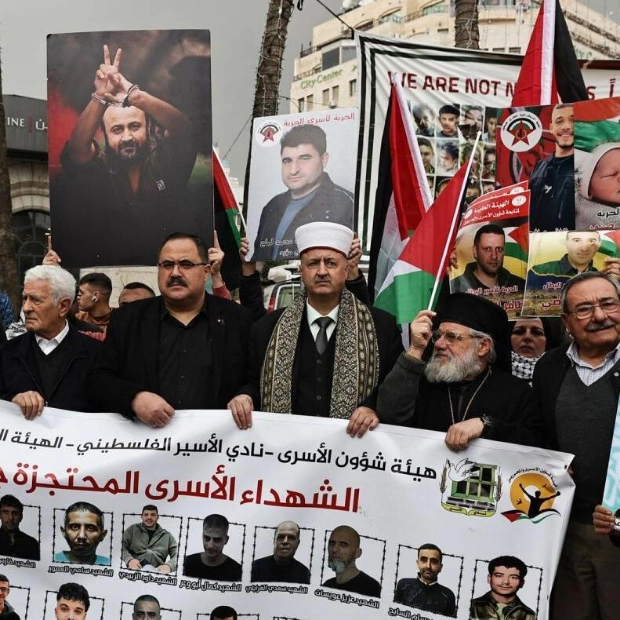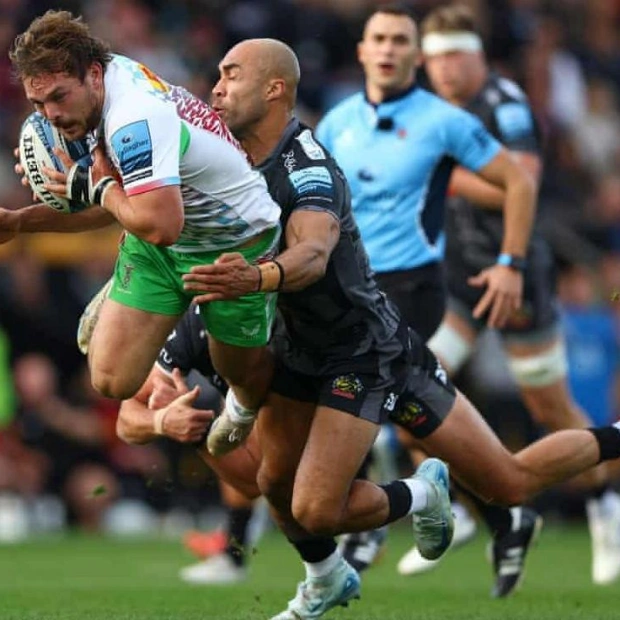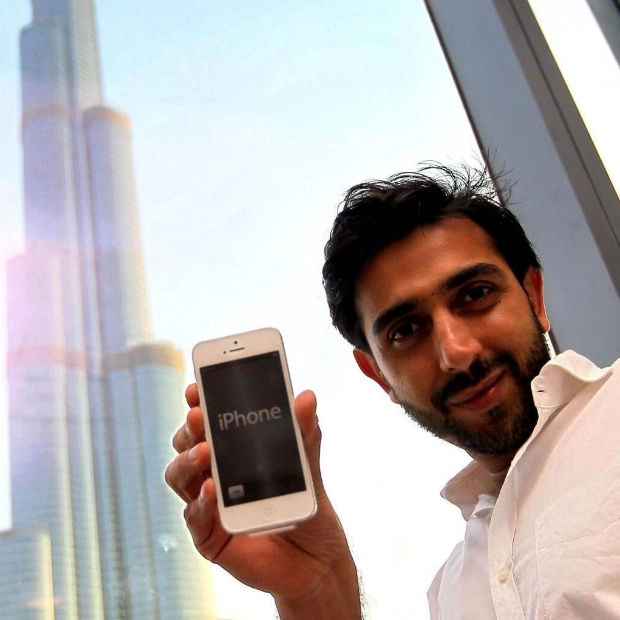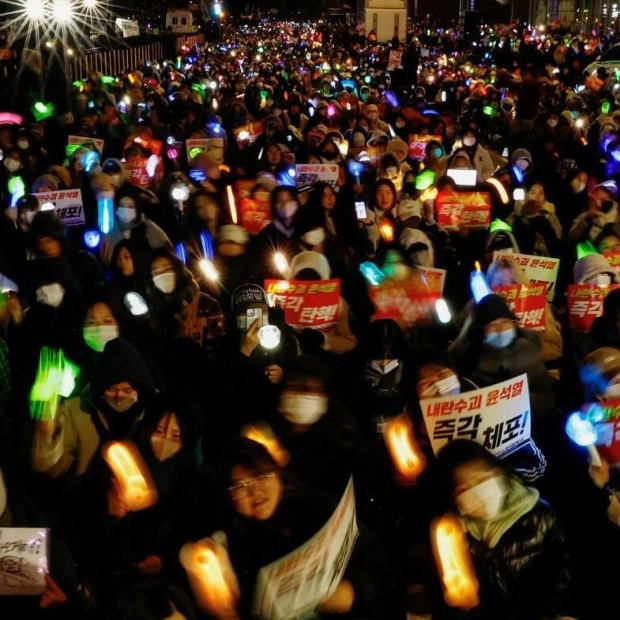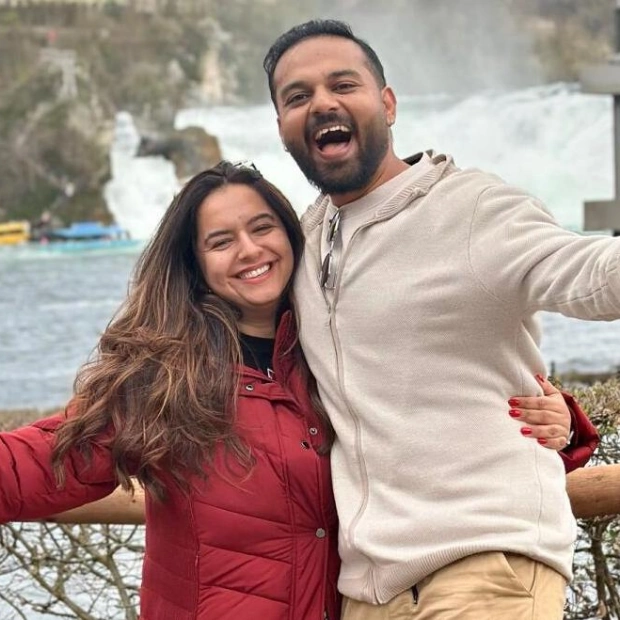Smoke rises over Beirut's southern suburbs following an Israeli strike, amidst ongoing hostilities between Hezbollah and Israeli forces, as observed from Baabda, Lebanon, on Thursday. REUTERS
Israel and Lebanon's Hezbollah exchanged deadly attacks on Thursday, as their conflict continued despite indications of progress in US ceasefire efforts. Airstrikes targeted Beirut's southern suburbs, while rockets were launched into northern Israel. US mediator Amos Hochstein was in Israel for discussions with Israeli officials to secure a ceasefire, which he stated was "within our grasp" during his visit to Beirut earlier this week. This diplomatic effort represents the most serious attempt yet to resolve the conflict between Israel and the Iran-backed Hezbollah, a consequence of the regional spillover from the Gaza war that began over a year ago.
In southern Lebanon, an Israeli airstrike killed three people in the village of Chaaitiyeh, approximately 10 km from the border, according to the Lebanese health ministry. In Israel, a 30-year-old man was killed when shrapnel from a rocket hit a playground in the northern town of Nahariya, as reported by Israel's MDA medical service. "The Israeli government is not ensuring my security, my residents, or the residents of the north (of Israel). It is impossible to live in such a situation," said Nahariya Mayor Ronen Marelly in an interview with public broadcaster Kan.
The Israeli military reported that about 10 rockets were fired from Lebanon towards Nahariya, with most of them being intercepted. Hezbollah's al-Manar television station confirmed rocket fire towards Nahariya and the surrounding area. Airstrikes on Beirut's Hezbollah-controlled southern suburbs caused significant damage, with thick clouds of debris rising into the air. The Israeli military issued a warning on X before the strikes, informing residents that they were near Hezbollah targets.
White House envoy Hochstein departed for Israel after declaring progress during two days of talks in Lebanon, including with officials such as Parliament Speaker Nabih Berri, who was endorsed by the Iran-backed Hezbollah to negotiate. Hochstein stated his intention to finalize an agreement if possible. The diplomatic efforts aim to end a conflict that has caused extensive destruction in Lebanon since Israel initiated its offensive, conducting airstrikes across large parts of the country and deploying troops.
Footage broadcast by Al Jazeera showed thick smoke rising from the town of Khiyam in southern Lebanon, approximately 6 km from the border, a key area for ground battles between Hezbollah fighters and Israeli troops. Israel's objective is to secure the return of tens of thousands of people evacuated from its north due to rocket attacks by Hezbollah, which began firing in support of Hamas at the start of the Gaza war in October 2023.
Hezbollah, which has sustained significant losses since Israel's offensive began in September, has continued to fire rockets into Israel, including attacks on Tel Aviv this week. Its fighters are engaged in combat with Israeli troops in the south. The casualty toll since October 2023 stands at 3,558 people killed in Lebanon, according to the Lebanese health ministry, with most deaths occurring during the Israeli offensive since September. The figures do not differentiate between combatants and civilians. Hezbollah strikes have resulted in the deaths of more than 100 people in northern Israel and the Israeli-occupied Golan Heights, including over 70 soldiers killed in strikes and combat in southern Lebanon.
Source link: https://www.khaleejtimes.com
